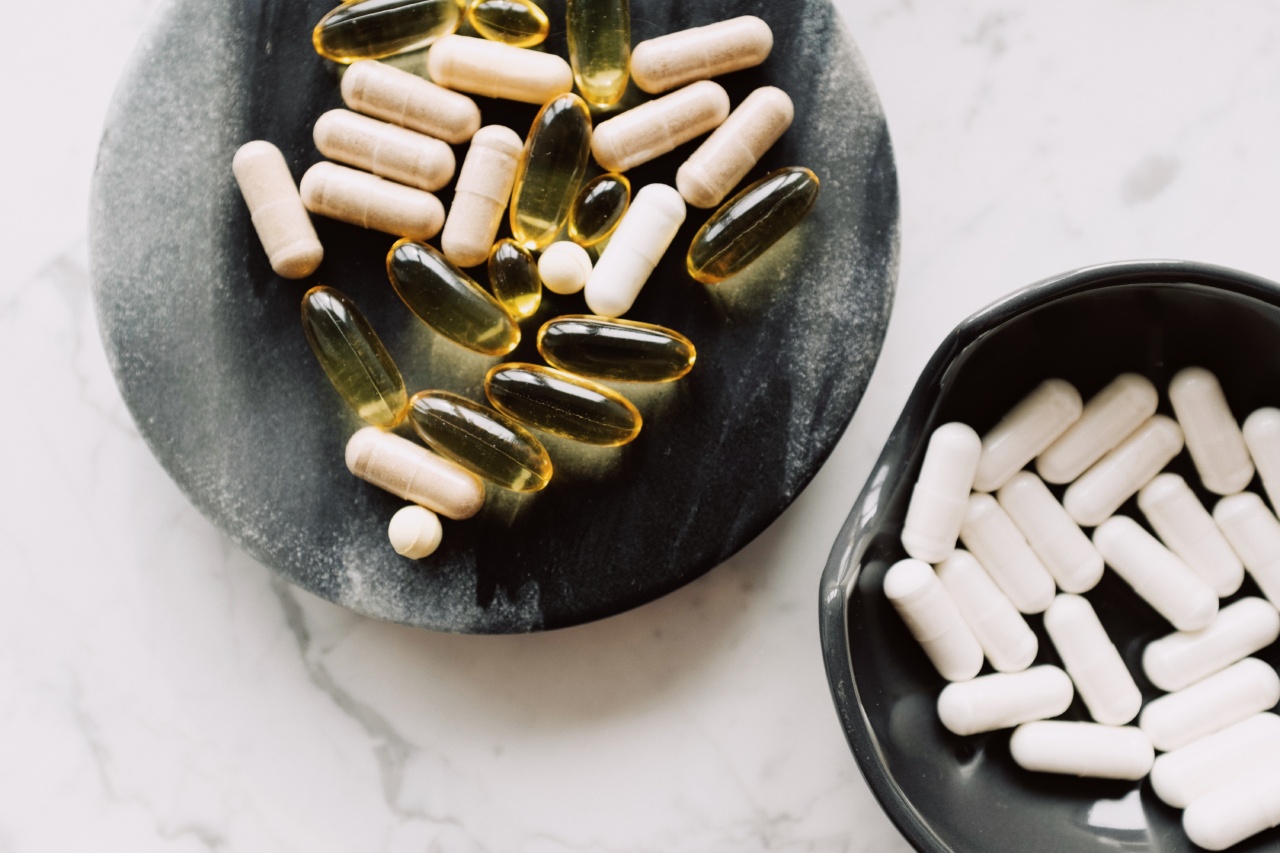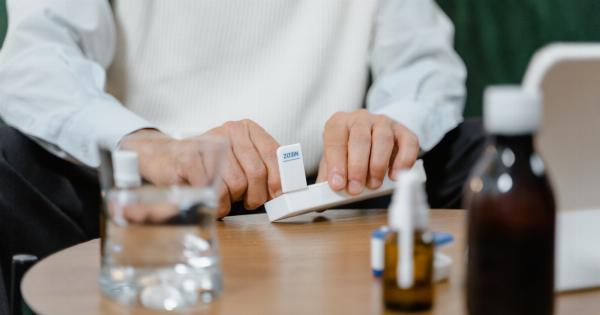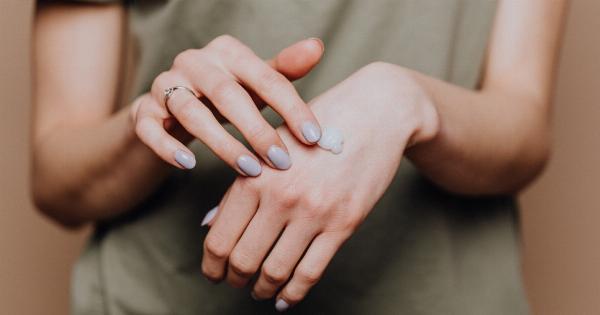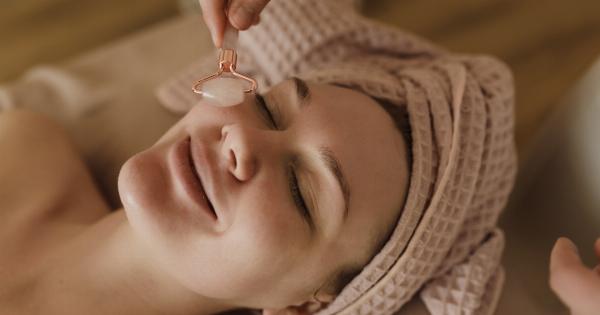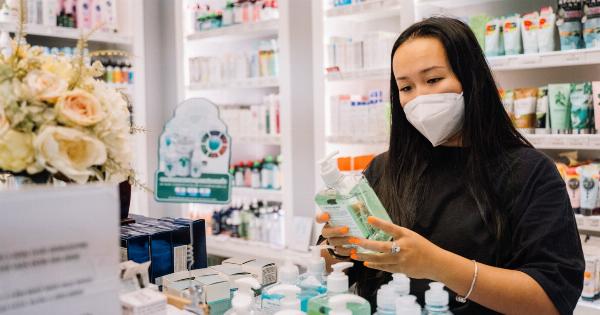Acne is a common condition that affects millions of people worldwide. It is typically caused by excess oil production, bacteria, and inflammation on the skin. While acne is not dangerous, it can be uncomfortable and impact your self-confidence.
If you’re searching for rapid relief, here are four expert-recommended solutions that you might want to try out.
1. Use Topical Treatments
One of the quickest ways to deal with acne is by using topical treatments. These treatments work by killing the bacteria that causes acne and reducing inflammation.
Over-the-counter topical treatments come in various types, including creams, gels, and lotions. When choosing a topical treatment, look for ingredients like benzoyl peroxide, salicylic acid, and alpha hydroxy acids. It’s best to begin with a product with a lower concentration of active ingredients before increasing it gradually.
If you have severe acne, consult your dermatologist. They might prescribe a stronger topical treatment that works better for you.
Bear in mind that topical treatments might make your skin dry, red, or itchy, so be sure to choose a moisturizer that is water-based or non-comedogenic to avoid clogging your pores.
2. Change Your Diet
What you eat can have an impact on your skin’s health. Consuming too many processed foods or dairy products has been linked to acne breakouts. It’s best to incorporate foods rich in healthy fats like omega-3 into your diet.
Omega-3s help regulate oil production, reduces inflammation, and boost your immune system. You can find these fatty acids in fish, avocados, and various nuts and seeds. Incorporating a healthier diet that includes essential nutrients will help you avoid acne breakouts and improve your overall skin health.
3. Practice Good Skincare Habits
Practicing good skincare habits is essential when dealing with acne. Firstly, keep your face clean. It’s best to wash your face with warm water and a gentle facial cleanser twice a day. Avoid harsh soaps and scrub your skin.
Scrubbing your skin can lead to redness, irritation, and eventually worse breakouts.
Secondly, avoid touching your face. When your face comes in contact with your fingers, it can transfer germs and bacteria that cause acne. If you need to touch your face, ensure your hands are clean.
You could use a facecloth to pat your face dry instead of using your fingers since it could cause irritation and can trigger acne development.
Lastly, remember to remove makeup before going to bed. Sleeping with makeup can clog your pores and cause acne breakouts. It’s recommended to use “non-comedogenic” makeup that is oil-free and does not clog pores.
4. Laser Therapy or Chemical Peels
If you have severe acne and other treatments have not been effective, laser therapy or chemical peels, while more expensive, might be a good option. Laser therapy kills bacteria and shrinks oil-producing glands.
Since laser therapy is expensive, it’s best if you consult your dermatologist to see if it’s necessary. Chemical peels are also an excellent treatment option. They work by removing the outermost layers of the skin, revealing the underlying skin that’s smoother and less acne-prone.
Chemical peels can treat all types of acne, including blackheads, whiteheads, and cysts. It’s best if you consult your dermatologist first before undergoing laser therapy or a chemical peel.
Conclusion
Acne can be uncomfortable but can be managed with the right treatment regimen. Begin by trying out a topical treatment that contains active ingredients like benzoyl peroxide, salicylic acid, and alpha hydroxy acids.
Incorporate healthier eating habits, choose “non-comedogenic” makeup, and practice good skin hygiene. If these methods are ineffective, consider trying laser therapy or chemical peels, under a dermatologist’s guidance.
